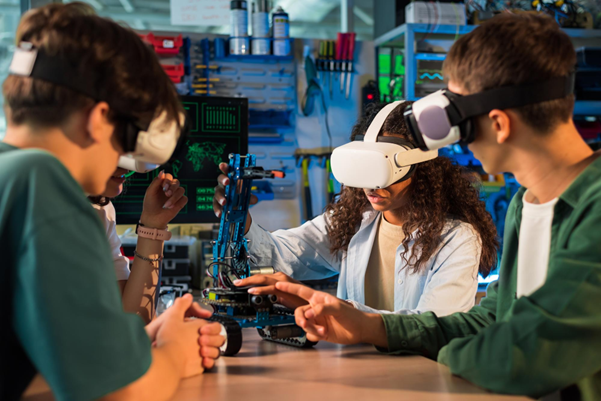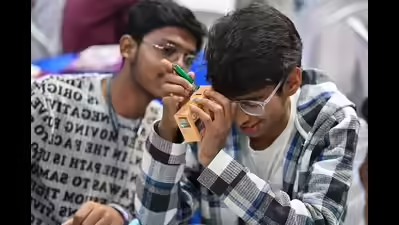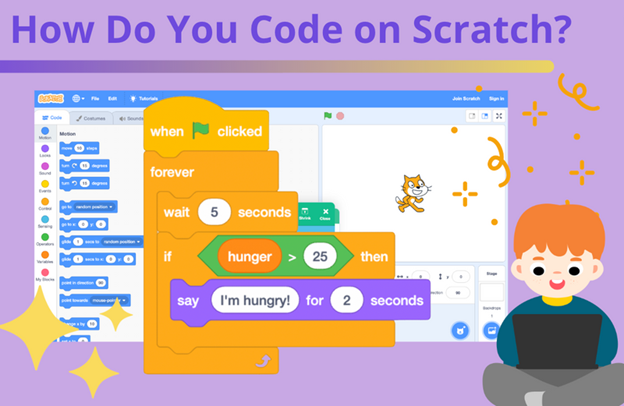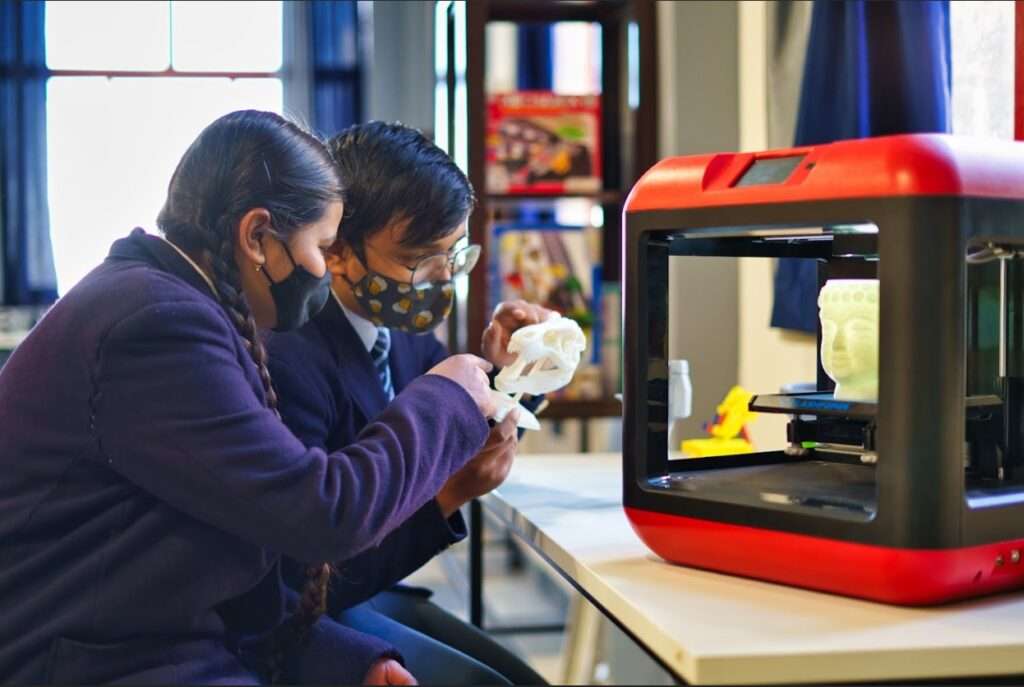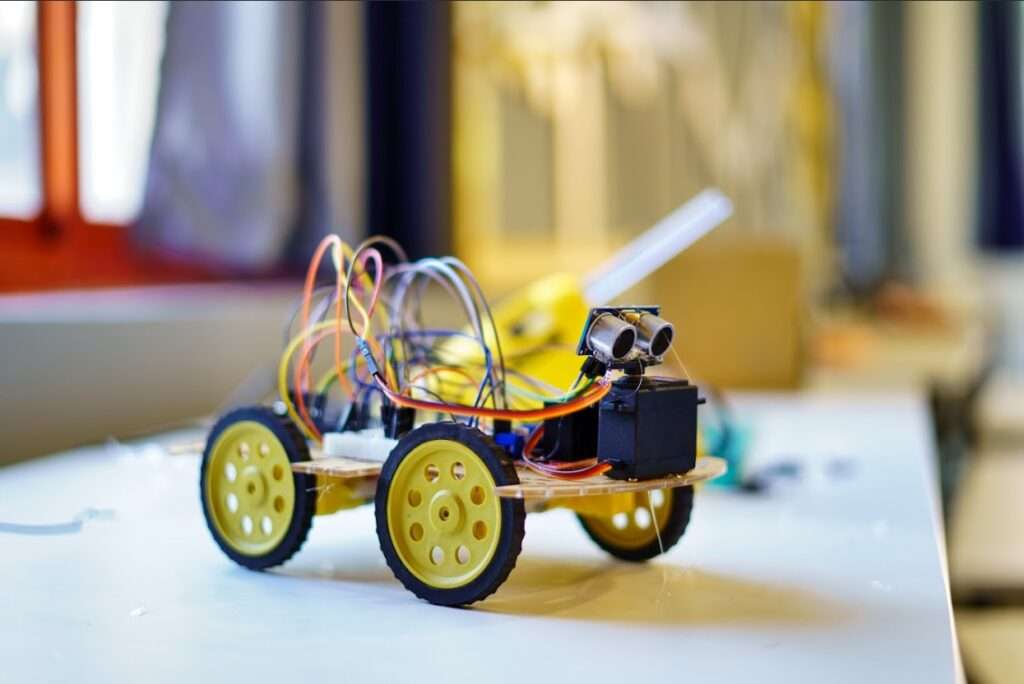Maker Education Benefits: Why Report Cards Lie About Your Child’s Real Learning
Are Grades Really Reflecting Learning?
Many parents feel reassured when report cards show excellent grades. But do those grades truly reflect your child’s capabilities? Too often, traditional assessment methods hide STEM learning gaps, creating an illusion of success while essential skills—critical thinking, creativity, problem-solving—remain underdeveloped.
Students may memorise procedures, select the “right” answers on tests, and achieve high scores without truly understanding concepts or learning how to apply them in real-world scenarios.
The Hidden Flaws Behind High Grades
-
Grade Inflation: Extra credit, participation points, and curve adjustments often inflate grades without reflecting true achievement.
-
Surface Learning: Students succeed in exams but struggle to explain reasoning or apply knowledge to new situations.
-
Fear of Challenge: Mistakes reduce grades, leading students to avoid risks and difficult tasks.
-
Lack of Collaboration: Emphasis on individual performance limits teamwork, communication, and problem-solving—critical for modern careers.
Maker Education Benefits: A True Measure of Learning
Maker Education offers a transparent, hands-on approach to assessing student progress. Through hands-on STEM activities like robotics, coding, and 3D design, students create tangible solutions to real-world problems, demonstrating authentic competence.
Key Maker Education Benefits:
-
Portfolio-Based Assessment: Tracks the process, growth, and creative thinking, not just results.
-
Peer Collaboration: Fosters teamwork, leadership, and communication skills.
-
Iterative Design Process: Builds resilience, adaptability, and innovation through trial and error.
-
Real-World Impact: Motivates students by solving meaningful community challenges.
-
Self-Reflection: Helps learners set goals, identify strengths, and continually improve.
For schools, integrating ATL tinkering lab programs is one of the most effective ways to unlock these benefits.
What Parents Can Do
-
Look Beyond Grades: Discuss creative projects, problem-solving tasks, and collaboration with your child’s teacher.
-
Ask for Portfolios: View evidence of thinking, iteration, and skill development.
-
Support Maker Projects: Explore our robotics and coding workshops and custom maker programs designed to foster authentic capabilities.
Final Thought
Traditional grades often reward compliance, not competence. Maker Education benefits students by fostering creativity, problem-solving, and resilience—skills that grades alone cannot measure.
Stop accepting surface-level progress reports. Explore Maker Education training for teachers and authentic learning experiences to empower your child’s real potential.


